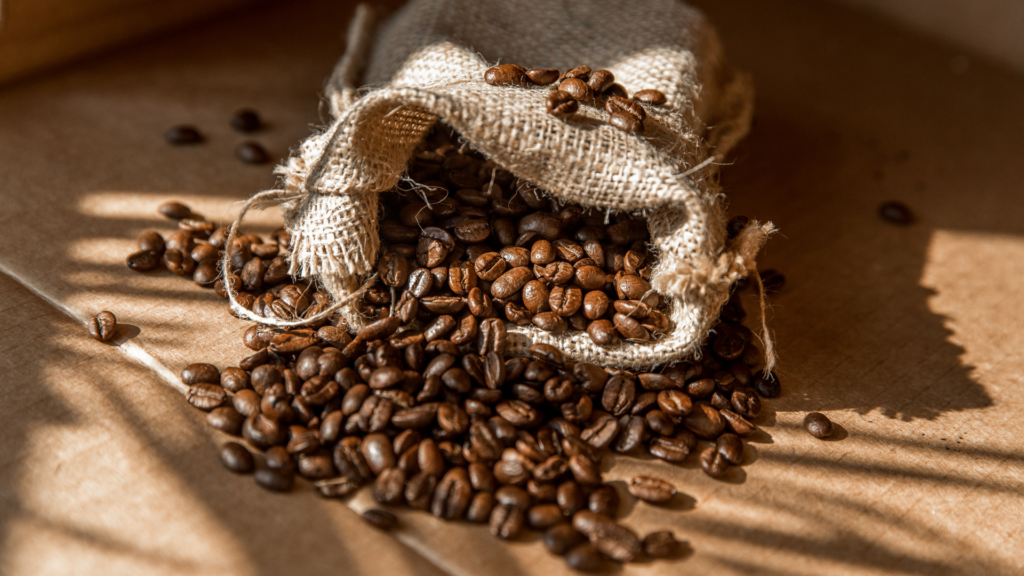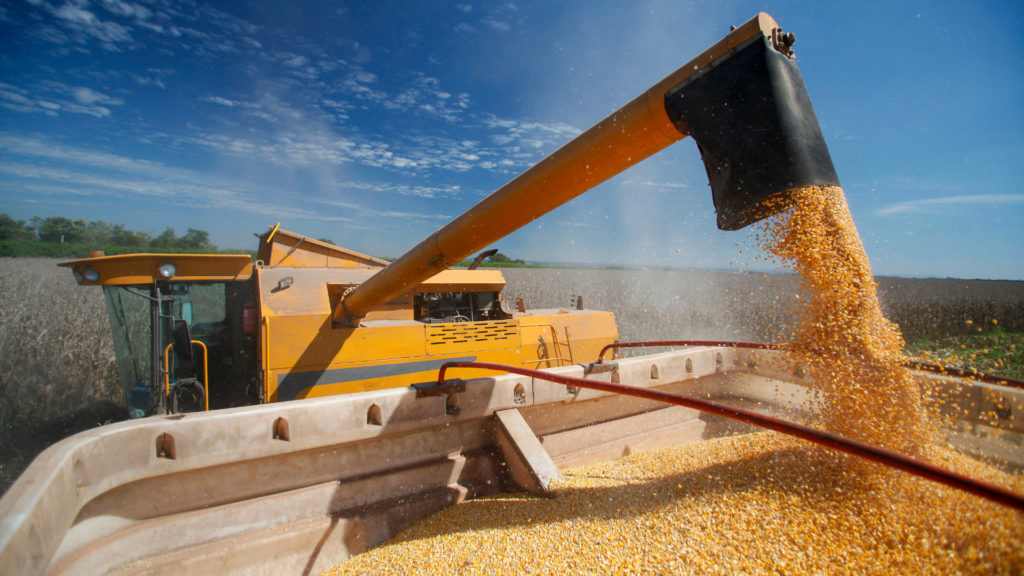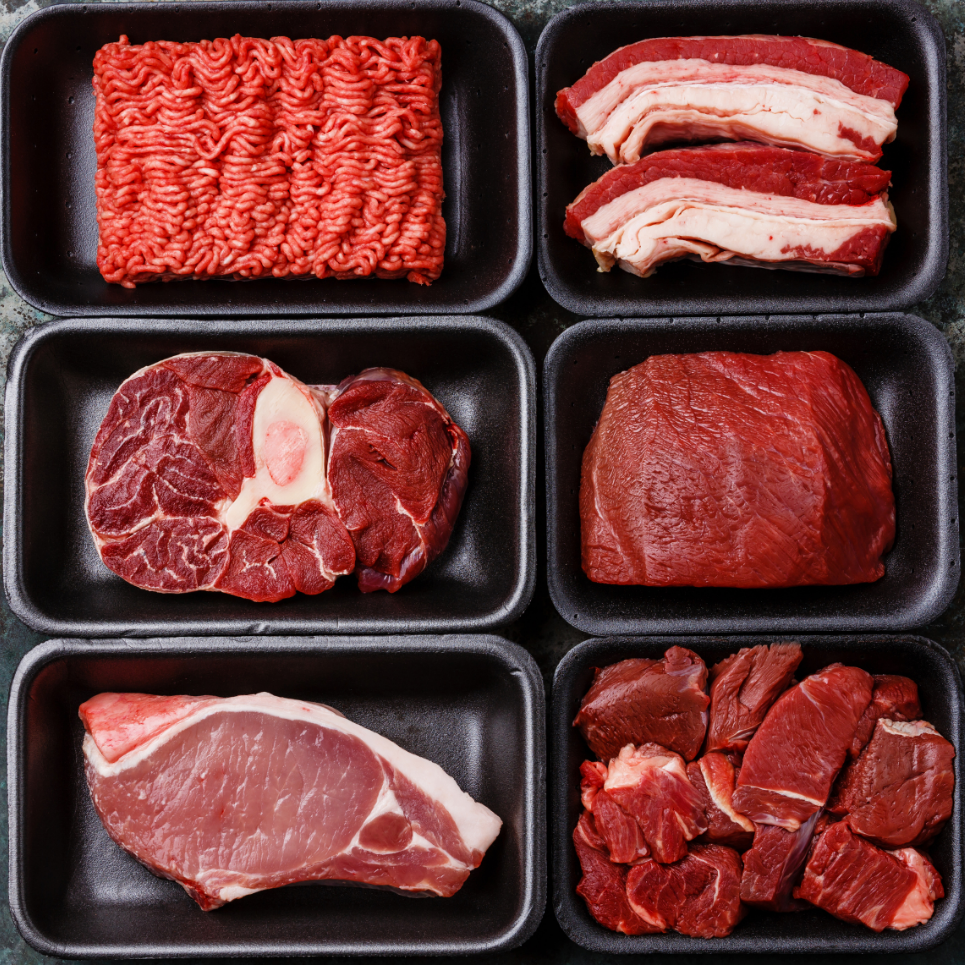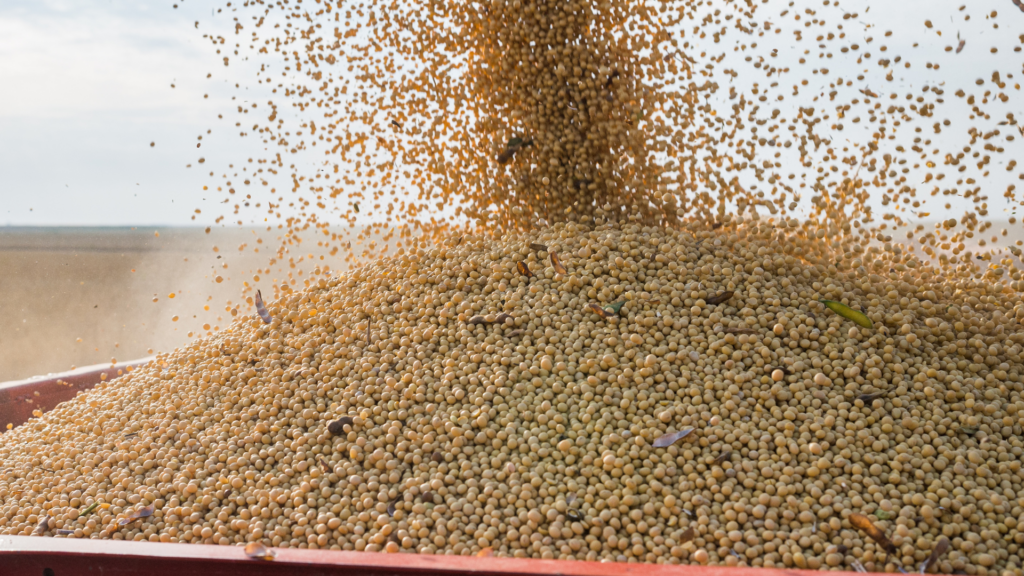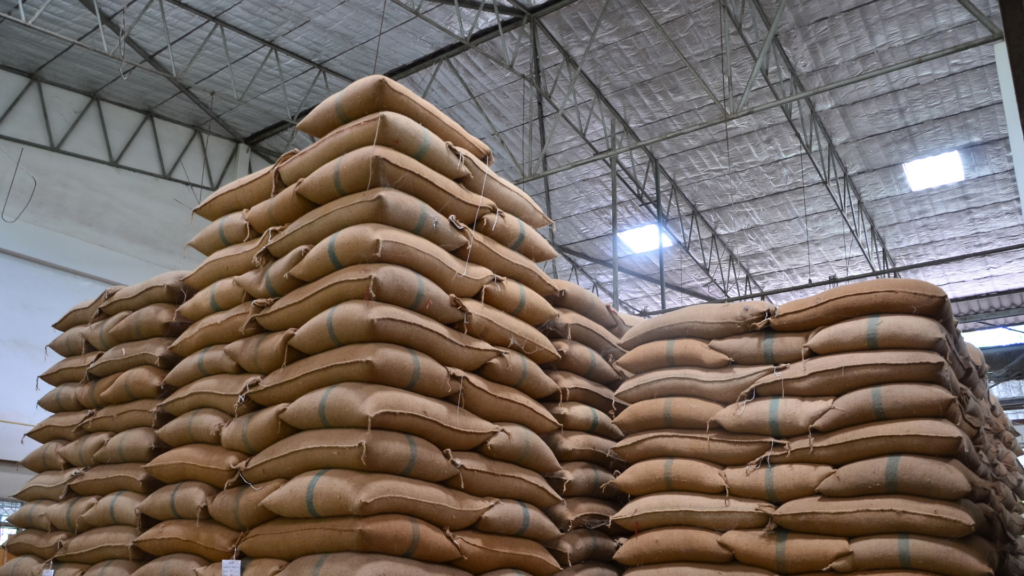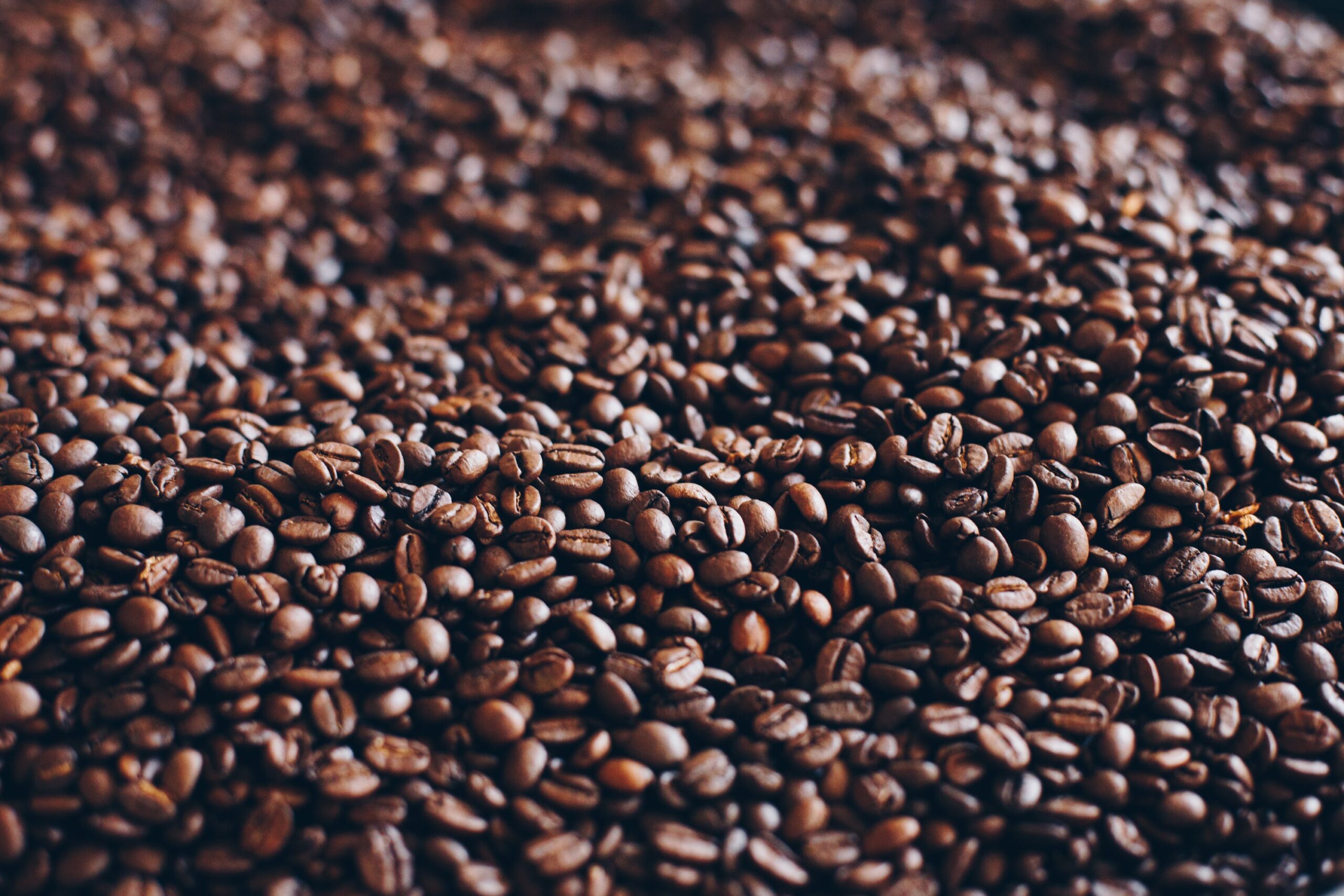
Coffee is one of the most popular and beloved beverages worldwide, with a rich history and significant influence in various cultures. The popularity of coffee spread to the Arabian Peninsula, where it began to be cultivated and traded, initiating a global journey that would lead it to become a global commodity.
There are two main varieties of coffee: Arabica and Robusta. Arabica coffee is smoother, has less caffeine, and is highly prized for its rich flavor and aromatic nuances. On the other hand, Robusta coffee is stronger, has more caffeine, and a more intense and bitter flavor, often used in blends and espressos to add body and crema to the beverage. The cultivation of coffee is both a science and an art, influenced by factors such as altitude, climate, and soil, which determine the unique characteristics of each batch.
In addition to its commercial value, coffee plays an important role in many cultures as a moment of socialization and tradition. From historic cafes in Europe to modern coffee shops scattered around the world, coffee brings people together, inspires conversations, and fosters communities. The preparation of coffee also varies greatly, with methods ranging from Italian espresso to Turkish coffee, to innovations like capsules and cold brew, showcasing the adaptability and diversity of this beverage. In short, coffee is more than just a drink; it is a cultural, economic, and social phenomenon that continues to evolve and delight palates worldwide.


